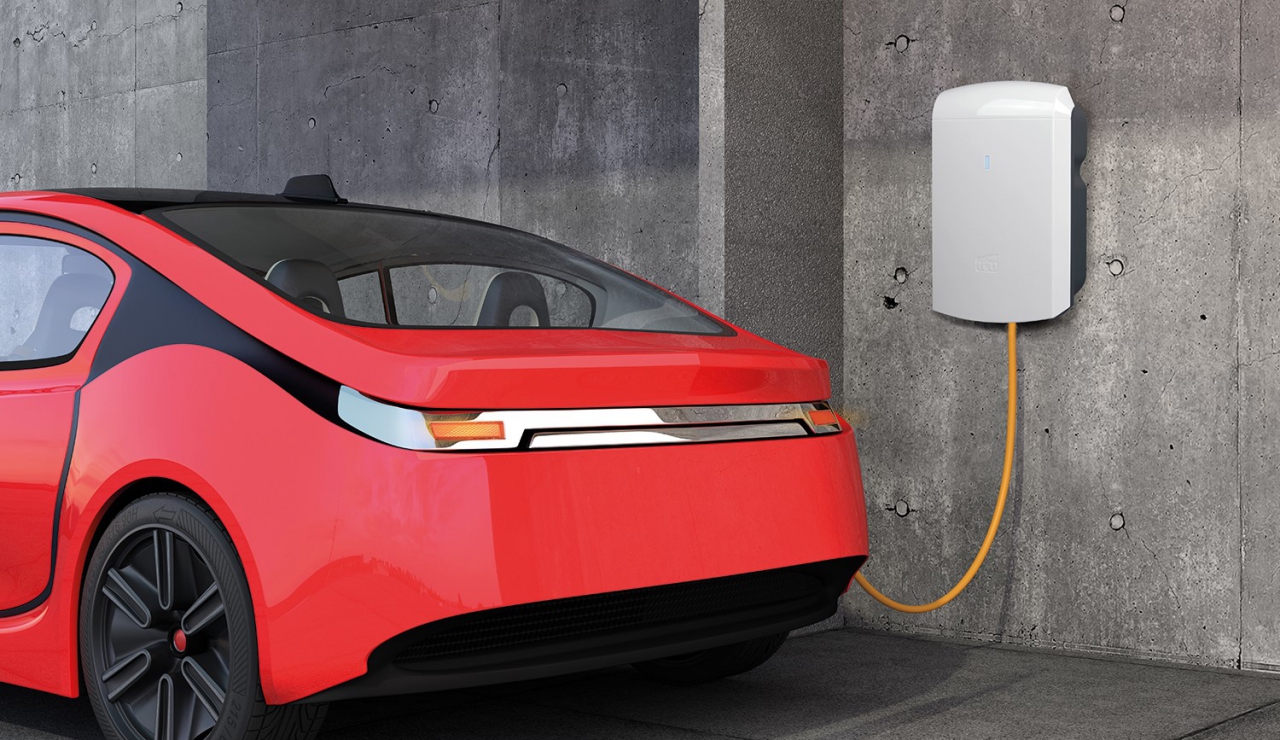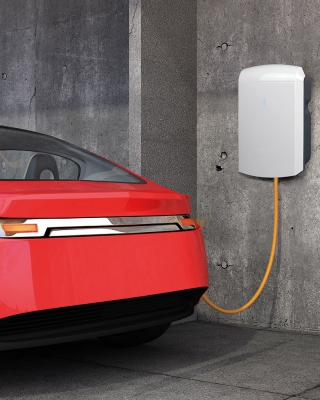Why smart chargers are the smart choice
EV charging infrastructure, and in particular smart chargers, have come increasingly into the spotlight over the last few months with, amongst other things, the publication of National Grid’s Future Energy Scenarios, various announcements by automotive manufacturers committing themselves to electric vehicles and the Automated and Electric Vehicles Bill going through the UK parliament which seeks to mandate charge points being smart.
This article will clarify what is meant by a smart charger and the associated benefits, but first, let’s start with the basics…
Why do I need a charger? Can’t I just charge using a 3-pin socket?
Well, you can. It’s just not very advisable. The electric circuitry in our houses and buildings was largely not designed to support such high powers for such long periods. Whilst charging in such a way would use roughly as much power as a kettle, potentially you would be charging your car all through the night which, any electrician will tell you, is not a desirable situation from a safety perspective. A charge point on the other hand includes a number of protective devices to protect the user, the household and the car.
The other key difference between a dedicated EV charger and a 3-pin socket is speed. Typically the standard domestic charger will charge three times faster than via a 3-pin socket. A workplace charger can potentially charge 10 times faster.
So, other than speed and safety, what makes a charge point different from a 3-pin socket?
User interaction:
A charge point generally has some kind of interface to communicate with the driver, at least an LED, or better, a screen informing the user details of the current transaction including status and duration as well as power and energy levels.
Weatherproof:
Chargers are usually installed outside, so need to be resistant to everything the elements have to throw at them over an extended period.
Userproof:
Charge points also need to be able to withstand constant plugging in and out of cables, potentially by heavy-handed users.
Photos courtesy of the Electric Nation project
Why a smart charger?
With the UK government’s push towards smart chargers, it’s worthwhile reflecting on what a smart charger is and why it might be necessary.
A smart charger is essentially a charge point which is connected to the internet. There are a number of advantages of such devices:
Speed of repair:
As smart chargers log everything going on with the charger, it is possible to diagnose, and often fix, issues remotely without the time and costs of a service engineer having to get in a van to perform an onsite analysis and hoping that the issue can be fixed in one visit. Crucially this also limits downtime and driver frustration.
Lower electricity costs:
With the latest generation of smart chargers you can also programme when your car will charge to be able to benefit from lower electricity tariffs.
Making money on your charge point:
as a smart charger provides all transaction data, it enables it be operated commercially where users are charged for usage and owners are compensated accordingly.
NB: for this it is important that the charger contains a certified MiD meter which provides sufficient accuracy of kWh consumption.
Saving installation costs:
Potentially a group of chargers in a location might also need to communicate with each other or with a central system, e.g. to enable load-balancing which saves the costs of upgrading your existing grid supply.
NB: it is also worth considering this element to ensure what you will be installing is futureproof. Even if you are just installing one charger, if you think there might be a chance of installing more chargers in the coming years it will be worth installing chargers which are at least capable of being part of a load-balancing group.
Keeping the lights on!:
This is the key driver for the government to want to mandate smart chargers. If even just a handful of people are charging their EV at the same time in the same street, in some cases this could already create capacity issues in the local substation. A smart charger enables charging speeds to be reduced at peak times, which then avoids EV adoption causing a problem with the electricity system.
Communication:
They enable remote monitoring, maintenance and control, such as being able to start or stop a transaction, or even unlock a cable remotely.
Data:
They also enable remote data collection, both per charger and per user.
NB: in workplaces it is a requirement of HMRC to be able to record usage per user and declare this as a benefit-in-kind for usage not specifically related to commercial purposes, e.g. commuting.
Access control: at work places there is often a requirement to limit usage to certain users which is typically done via an RFID reader.
Conclusion
So I hope you can see from this article that smart chargers are not altogether simple pieces of kit, but they do have significant benefits which bring both peace of mind and added value for EV charge point owners as well as EV drivers. More importantly they enable us to embrace the roll-out of EVs without worrying about the lights going out!
Request for complete article on buying EV chargers
To download a more extensive pdf version of this article, including further considerations when buying EV chargers, please request a copy via the email link below.
Author: Alex Earl, UK Country Manager




